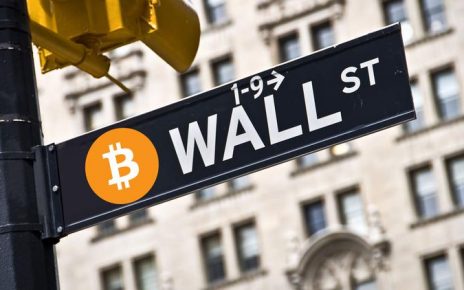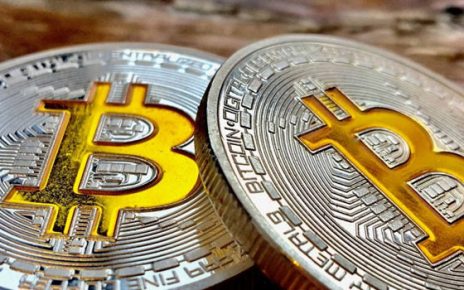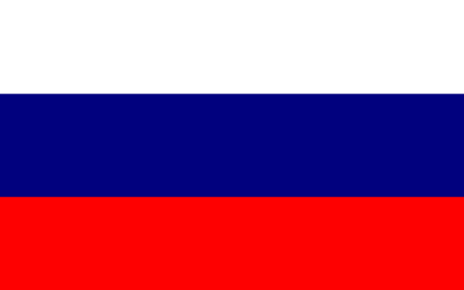The government of Venezuela informed the public that the presale of Petro (PTR) concluded and that 3.38 billion dollars were raised. The President of Venezuela, Nicolás Maduro also explained that part of the funds raised during the presale will be used for importation and to leverage the Venezuelan economy.
However, the project remains with unclear and inconclusive ideas. First, despite the report from president Maduro about the raised funds and his affirmation that Petro is a cryptographic project, there is no way to examine the truthfulness of the mentioned amount of money because Petro does not have a smart contract.
Petro reached this significant amount thanks to the alleged investments from large companies whose names were never mentioned publicly. Furthermore, it is unknown whether the know your customer (KYC) policies and anti money laundering (AML) procedures have been implemented. The testing mechanisms showed poor performance related to the aforementioned policies during the presale.
By not having a smart contract with a public address of petros that could be verified, there are doubts about the auditing of the received funds and their possible destination. Moreover, the people responsible for the Petro project did not clarify why they suddenly decided to switch from the Ethereum blockchain network for the NEM blockchain network.
After concluding the presale, there is no way to know the actual value of the token which, as in the case of the initial coin offerings (ICOs) of other cryptocurrencies, could vary, even though it is assumed that the price of one Petro is equal to the price of one barrel of oil.
The president of Venezuela also announced the authorities were negotiating with 16 cryptocurrency exchanges, but did not specify the way in which the tokens would be exchanges. He also did not mentioned which fiat currencies or cryptocurrencies would be available for exchange on these platforms.
On the aforementioned list of cryptocurrency exchanges there is no Crypto Zeus, a cryptocurrency exchange that at the beginning of April this year denied any relation with Petro and assured the confusion arose when a former employee of Crypto Zeus provided private advisory services to the Petro project. The cryptocurrency exchange was previously mentioned as one of the companies associated with Petro when the national cryptocurrency of Venezuela was launched.
Maduro talked about giving 1 billion dollars raised in the Petro presale to the Central Bank of Venezuela and spending 1.8 billion dollars on importation. He also suggested that Petro could become a method of payment in the future. However, there is no information about the infrastructure necessary for this type of operations.
In a country with problems when it comes to money management and deficient payment platforms with unstable electrical power system and internet services, an electronic payment system is an innovative solution, but it could face difficulties if there is no sufficient technical capacity to develop the project. The Petro project is called a scam by some people, due to important failures and lack of important information.




